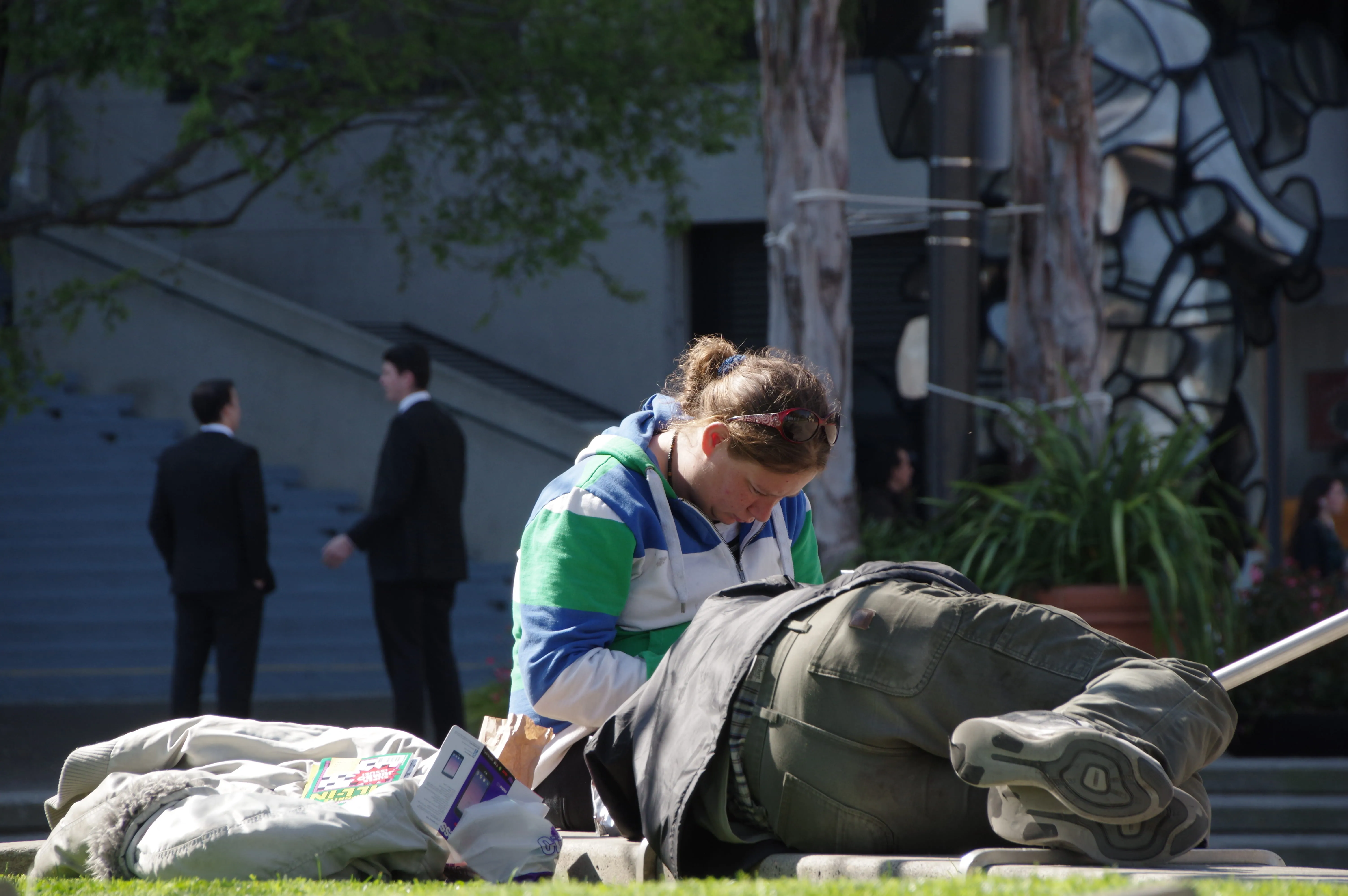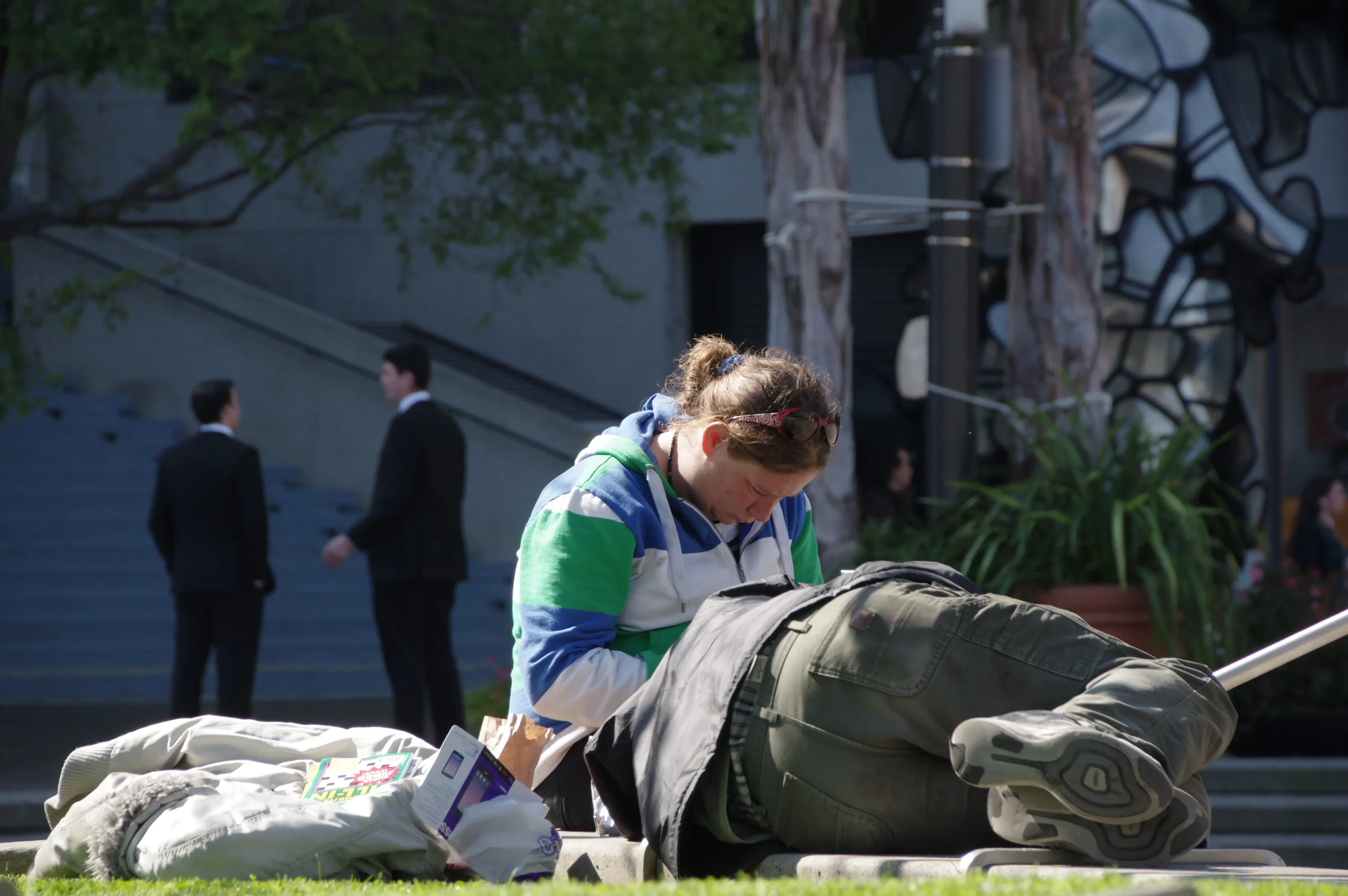Have you ever dreamed of escaping the hustle and bustle of city life, immersing yourself in the deep blue sea, and experiencing the authentic life of coastal fishermen? If the answer is yes, then a journey to live like a fisherman in Maine, the beautiful state in the northeasternmost corner of the United States, is for you. This is more than just a typical vacation; it’s an opportunity to truly live, breathe, and work as a child of the sea. This article will share the most detailed and helpful experiences of living like a Maine fisherman, guiding you to prepare for this unique and unforgettable adventure.
Why Experience Life as a Maine Fisherman?
Maine, with its rugged coastline, historic lighthouses, and world-renowned lobster industry, provides the perfect backdrop for those seeking a distinctive experience. Living like a fisherman here is not just about taking a tour; it’s about deep immersion.
- Authentic Cultural Connection: You’ll have the chance to work side-by-side with local fishermen, hear their stories, and understand the challenges, joys, and pride associated with their age-old seafaring profession. It’s the best way to feel the pulse of Maine’s coastal culture, a culture forged by sea salt, ocean winds, and human resilience.
- Immerse Yourself in Magnificent Nature: From vibrant sunrises over the ocean to lingering morning mists, from the sound of waves lapping against the hull to the calls of seagulls, you’ll live fully amidst the raw and powerful nature of the Atlantic. Each voyage is a lesson in respecting and adapting to the sea.
- Experience the Freshest Seafood: What could be better than hauling up traps brimming with lobsters yourself and savoring the fruits of your labor right on deck or at a seaside restaurant? Maine seafood, especially lobster, is famous for its freshness and unforgettable distinctive flavor.
- Challenge Yourself and Discover New Limits: The work of a fisherman demands strength, resilience, and a steadfast spirit. This experience will push you out of your comfort zone, facing physical and weather challenges, thereby discovering new limits within yourself.

Preparing for Your Fisherman Immersion Journey
To have a fulfilling and meaningful trip, thorough preparation is crucial. Here are the factors you need to consider:
1. Find the Right Program or Opportunity
There are several ways to experience life as a Maine fisherman:
- Day Trip Experience Tours: Many tour companies in major ports like Portland, Bar Harbor, and Rockland offer short tours (a few hours to a day) allowing visitors to board a boat, observe, and participate in some lobster fishing activities. This is a suitable option if you have limited time or want an initial introduction.
- Multi-Day Experience Programs/Homestays: Some organizations or local fishermen may offer longer programs, allowing you to stay in a fishing village, participate in multiple voyages, and truly immerse yourself in daily life. This type requires careful research and advance booking.
- Volunteering or Short-Term Work: For those truly serious and in good health, seeking short-term work opportunities on a fishing boat (though not easy) will provide the most authentic experience.
You can find information through reputable travel websites, the Maine Lobstermen’s Association website, or by contacting local tourism offices directly. Carefully inquire about schedules, costs, health requirements, and what is included in the experience package.
2. Ideal Timing
Summer, from around June to August, is the best time to experience life as a Maine fisherman. This is the peak lobster fishing season, with warmer weather, calmer seas, and bustling tourist activities. However, it’s also the busiest season.
If you want to avoid crowds and experience a quieter Maine, spring (May) or autumn (September – October) are also good choices, although the weather can be colder and more unpredictable. Winter is usually very harsh with limited sea-based experience activities.
3. Physical Fitness and Health
Working on a fishing boat requires good physical fitness. You need to be able to endure movement on waves, perform manual labor (even if just assisting), and adapt to changing weather conditions. If you are prone to seasickness, prepare seasickness medication and preventive measures. Ensure you are in stable health and do not have serious medical conditions that could be affected by working conditions at sea.
4. Clothing and Essential Gear
- Clothing: Prioritize waterproof or quick-drying clothing. Dress in layers for easy temperature adjustment. Even in summer, sea breezes in the early morning and late evening can be quite cold.
- Shoes/Boots: A pair of non-slip rubber boots is essential to keep your feet dry and safe on a wet deck.
- Gloves: Thick work gloves will protect your hands when participating in hauling traps, holding ropes, or handling seafood.
- Hat and Sunglasses: Protect yourself from the intense sun reflected off the sea.
- Sunscreen: UV rays are very strong at sea, even on cloudy days.
- Personal Medications: Including seasickness medication, pain relievers, bandages, etc.
- Camera/Phone: A waterproof bag is recommended to protect your devices. However, prioritize the real experience and ensure safety when taking photos.
A Typical Day on a Maine Fishing Boat
Imagine a day truly living as a Maine fisherman:
- 4:00 – 5:00 AM: Wake up when it’s still pitch dark. The cold, fresh air carries the salty scent of the sea. Join the fishermen in checking gear, bait (usually salted herring), and preparing for the voyage. The roar of the boat engine breaks the silence.
- 5:30 AM – 6:00 AM: The boat leaves the harbor, heading towards familiar fishing grounds. Dawn begins to break on the horizon, painting the sea pink. It’s a magical moment worth capturing.
- 6:30 AM – Afternoon: The main work begins. The boat will move to locations where traps (lobster pots) were previously set. You will be instructed (and may participate if fit and permitted) in the steps:
- Pot Hauling: Using a hydraulic winch system to pull heavy traps from the seabed. This work requires strength and skill.
- Lobster Sorting: Quickly check each lobster in the trap. Undersized lobsters, egg-bearing females, or those exceeding the maximum allowable size will be released back into the sea. These are strict regulations to protect sustainable lobster resources. You will learn how to measure lobster size and identify gender and eggs.
- Rebaiting and Setting Traps: Place new bait in the traps and drop them back into the sea in strategic locations. The work repeats for hours under the sun, wind, and the rhythmic sound of the waves. You’ll feel the hardship but also the excitement of seafaring.
- Lunch at Sea: Usually simple, quick meals prepared in advance like sandwiches, hot soup, or sometimes freshly caught lobsters boiled right on the boat. Lunch amidst the vast ocean is an unforgettable experience.
- Late Afternoon: As the sun begins to set in the west, the boat will return to shore with the hold full of the day’s catch. The sunset view at sea is as beautiful as sunrise.
- Docking: Unloading cargo, selling lobsters to buyers, cleaning the boat and gear. A hard day’s work ends, leaving you with valuable emotions and lessons.
Explore Fishing Village Culture and Maine Cuisine
The experience doesn’t stop on the boat. Take time to explore life ashore:
- Stroll Around Fishing Ports: Visit Portland’s Old Port, Rockland, Bar Harbor, Stonington… to feel the bustling yet peaceful atmosphere of fishing villages. Observe charming wooden houses, handicraft souvenir shops, and fishermen mending nets and repairing boats.
- Savor Local Cuisine:
- Maine Lobster: This is the “star” not to be missed. You can enjoy simple boiled/steamed lobster to taste its natural sweetness, try the famous Lobster Roll (lobster meat mixed with mayonnaise in a butter-toasted bun), or sample creamy Lobster Bisque.
- Other Seafood: Don’t forget to try scallops, steamed clams, fresh oysters, and other delicious fresh fish like cod and halibut.
- Where to Eat: Seaside lobster shacks often offer the most rustic experience and freshest flavors. Restaurants in town also have more diverse options.
- Attend Festivals (if the opportunity arises): If you visit Maine in early August, don’t miss the Maine Lobster Festival in Rockland. It’s a great opportunity to immerse yourself in the festive atmosphere, enjoy cuisine, and learn about local culture.
Important Notes for a Fulfilling Experience
- Safety is the Top Priority: Always listen to and follow all instructions from the captain and crew. Wear a life jacket when required or when you feel it’s necessary. Be careful when moving on slippery decks.
- Respect Culture and People: Maine fishermen are often straightforward, hardworking people proud of their work. Show respect, listen to their stories openly, and avoid appearing condescending or critical of this arduous job.
- Prepare Mentally: This is not a luxury vacation. You will face fatigue, weather conditions that are not always favorable, and manual labor. Prepare yourself for a real, sometimes tough but meaningful experience.
- Maintain Hygiene and Environment: Do not litter on the boat or into the sea. Respect sustainable fishing regulations.
- Capture Moments Discreetly: Taking photos and videos is a great way to preserve memories, but don’t let it disrupt the fishermen’s work or affect your real experience. Always ask permission before taking someone’s portrait.
Conclusion
Living like a Maine fisherman is a journey beyond typical tourism. It’s a chance to step into a different world where people live in harmony and sometimes struggle with the vast ocean. You won’t just bring back beautiful photos or the taste of fresh lobster, but also a deep understanding of a unique culture, respect for honest labor, and unforgettable memories of the grandeur of nature. This is definitely a worthwhile experience for adventurous souls seeking genuine connection with the world. Are you ready to put on your protective gear, step onto the boat, and begin your own Maine fisherman adventure?
